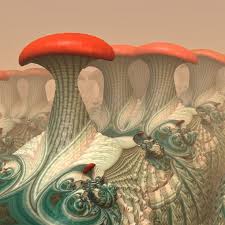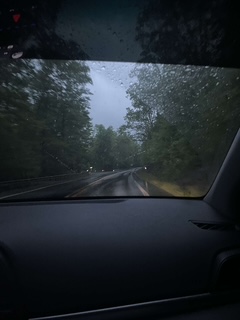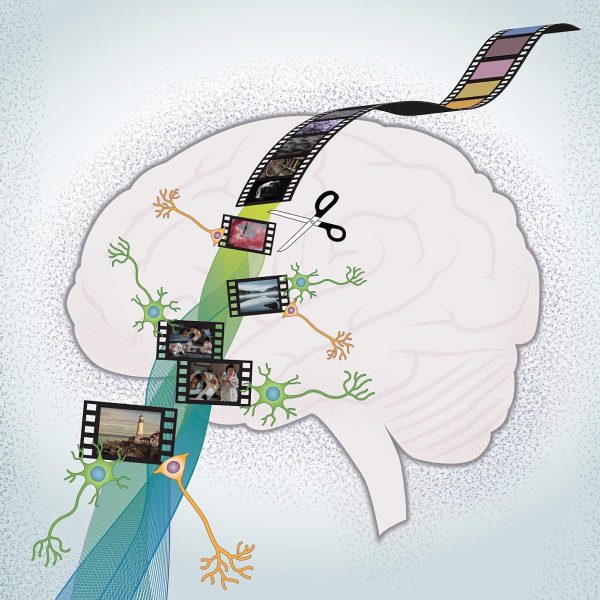Possible Benefits of Psychedelia

Since the early 1960s, the media has portrayed the use of psychedelic drugs (hallucinogens) in a negative light. This resulted in many of the unfavorable opinions about mescaline (peyote), psilocybin (mushrooms), and lysergic acid diethylamide (LSD) still heard today. Yet many credible scientists such as Dr. John Halpern of Harvard Medical School, and Amanda Fielding of Oxford-based Beckley Foundation, point out that most psychedelics are non-addictive, natural compounds with no harmful side effects. They induce mind expansion, and have medicinal benefits. According to the National Center for Biotechnology Information, when psychedelics first appeared in the United States, researchers studied their therapeutic benefits and published over 1,000 academic papers on the topic from 1950-1956.
The first psychedelic wave was the original use of cannabis and its counterpart hashish, psilocybin mushrooms, mescal bean, opium, and other psychoactive mushrooms, such as amanita muscaria, amongst indigenous people; the second was the 1960s counterculture’s embrace of LSD, an artificial hallucinogen. We may currently be entering a third psychedelic wave where more accurate, unbiased information will lead to therapeutic use of psychedelics. The legalization of marijuana in several states has persuaded many to see the medicinal benefits of a drug previously considered “bad”–will hallucinogen use also gain popular support?
Studies conducted by the Third Wave Manifesto (an organization whose stated goal is to restart an informative and rational dialogue concerning psychedelic use) indicate we may be moving in the direction of legal use of psychedelics as therapy for depression, anxiety, and post traumatic stress disorder (PTSD). Dosages would be carefully regulated and the setting would also be controlled. For example, methylenedioxymethylamphetamine (MDMA) has a very high success rate (83%) for easing PTSD, according to Cristina Magalhaes, PhD. MDMA alone could prevent the 20 PTSD-related suicides that occur each day among veterans. Psilocybin has been proven to help with anxiety and depression disorders. By many accounts, LSD has cured addiction and carries many psycho-spiritual benefits. Psychedelics (excluding MDMA, which is an unnatural compound that affects serotonin receptors) have no negative side effects nor outcomes aside from the possibility of inducing a bad trip.
A “bad trip” is when the effects of an hallucinogen become unpleasant and one’s experience is negatively altered. Such experiences can result in lasting trauma. One explanation for why reports of bad trips increased after the illegalization of psychedelia is that people used to consuming psychedelics freely suddenly had to trip in a restricted setting, creating anxiety as a result.
Has our society reached a point where we are ready to reintroduce psychedelia? Will we see, in the near future, the scientific community engaging in a public awareness campaign geared toward helping people understand and appreciate the many benefits of psychedelics?
If you see Anna in the hallway, say "hello" to her and she will say "hello" back. She would like to make more friends!




